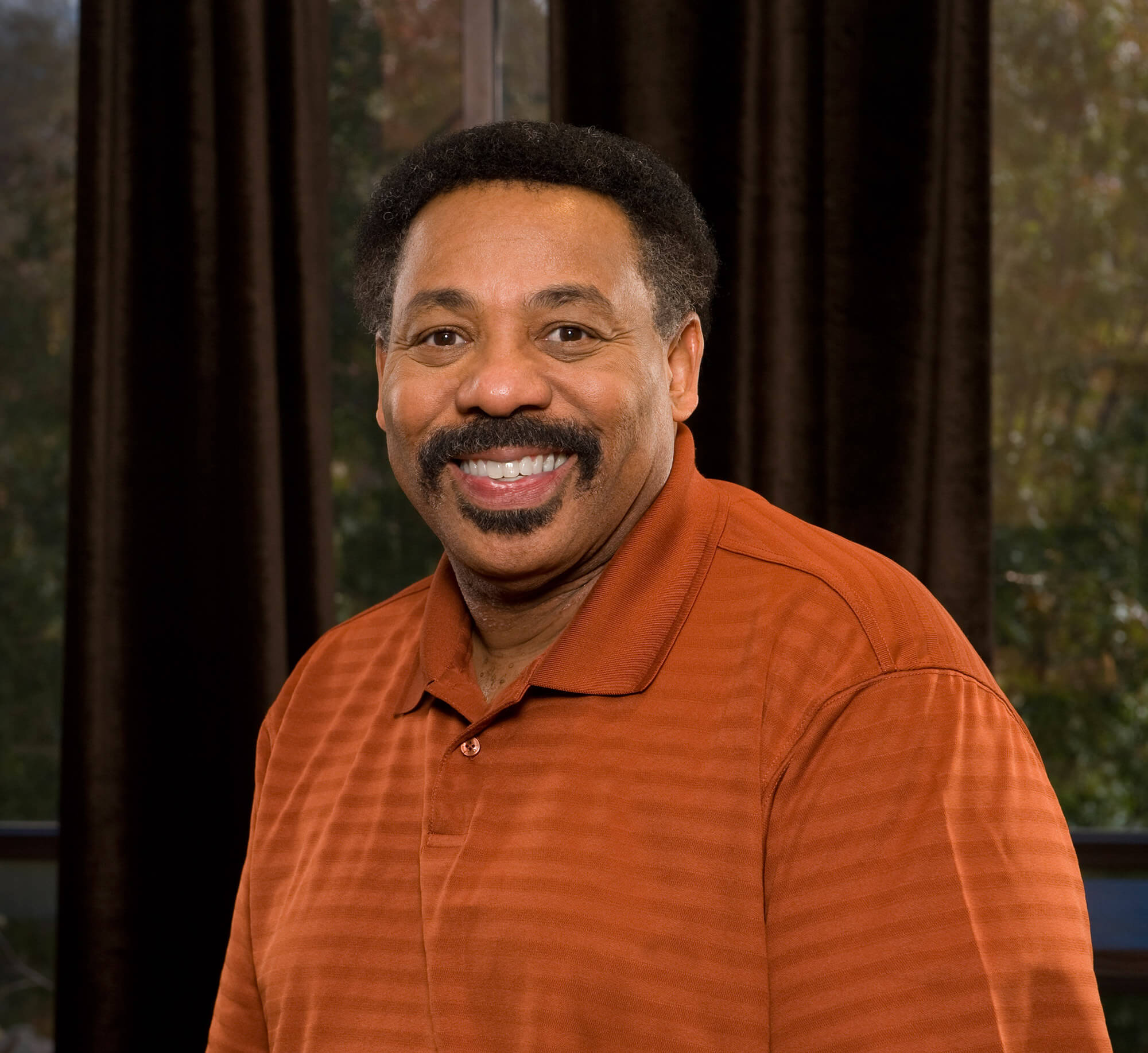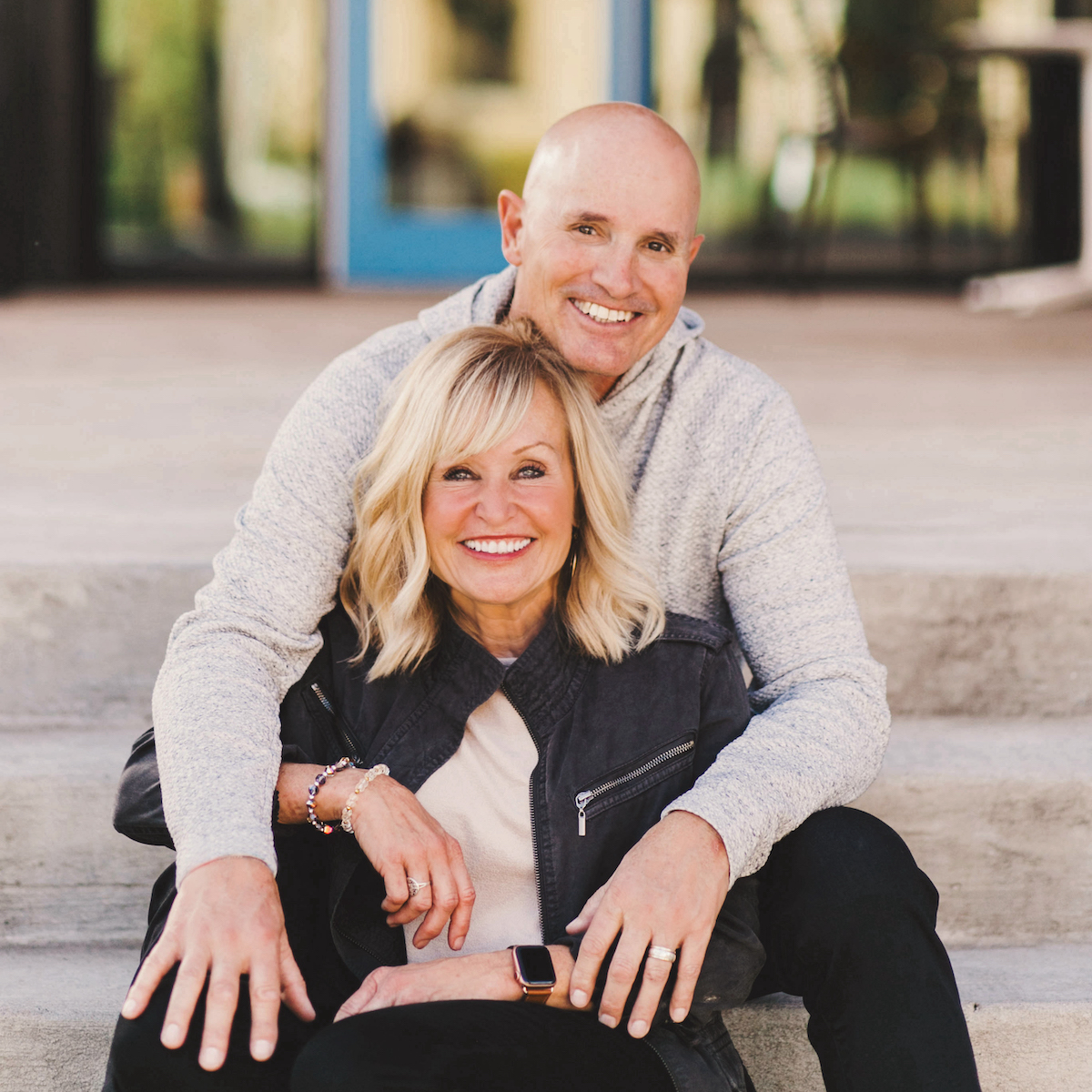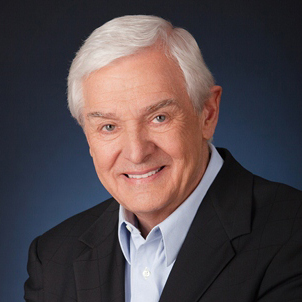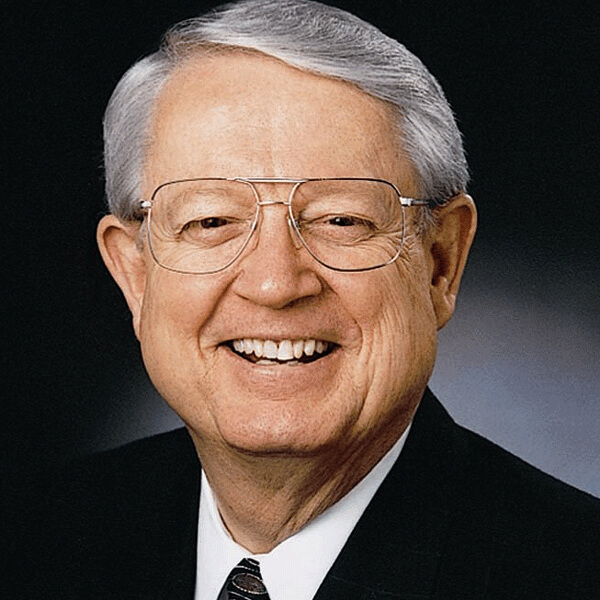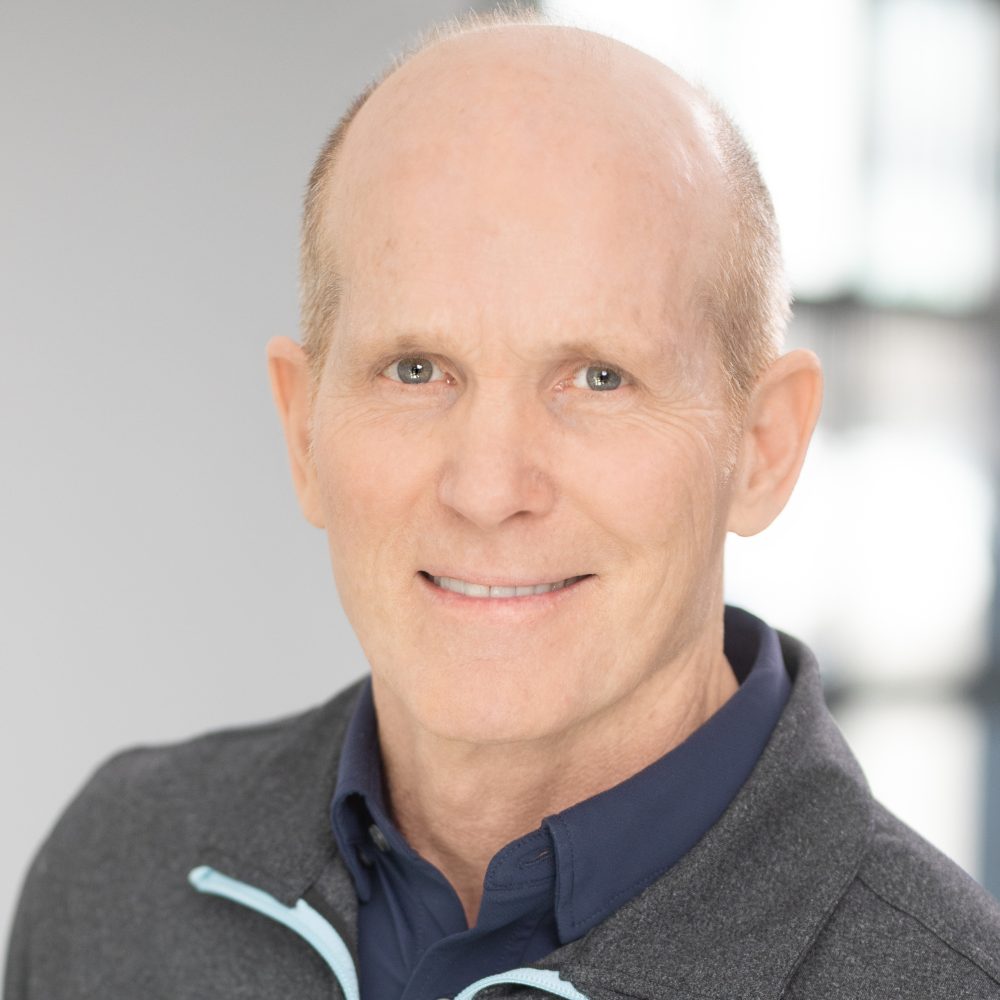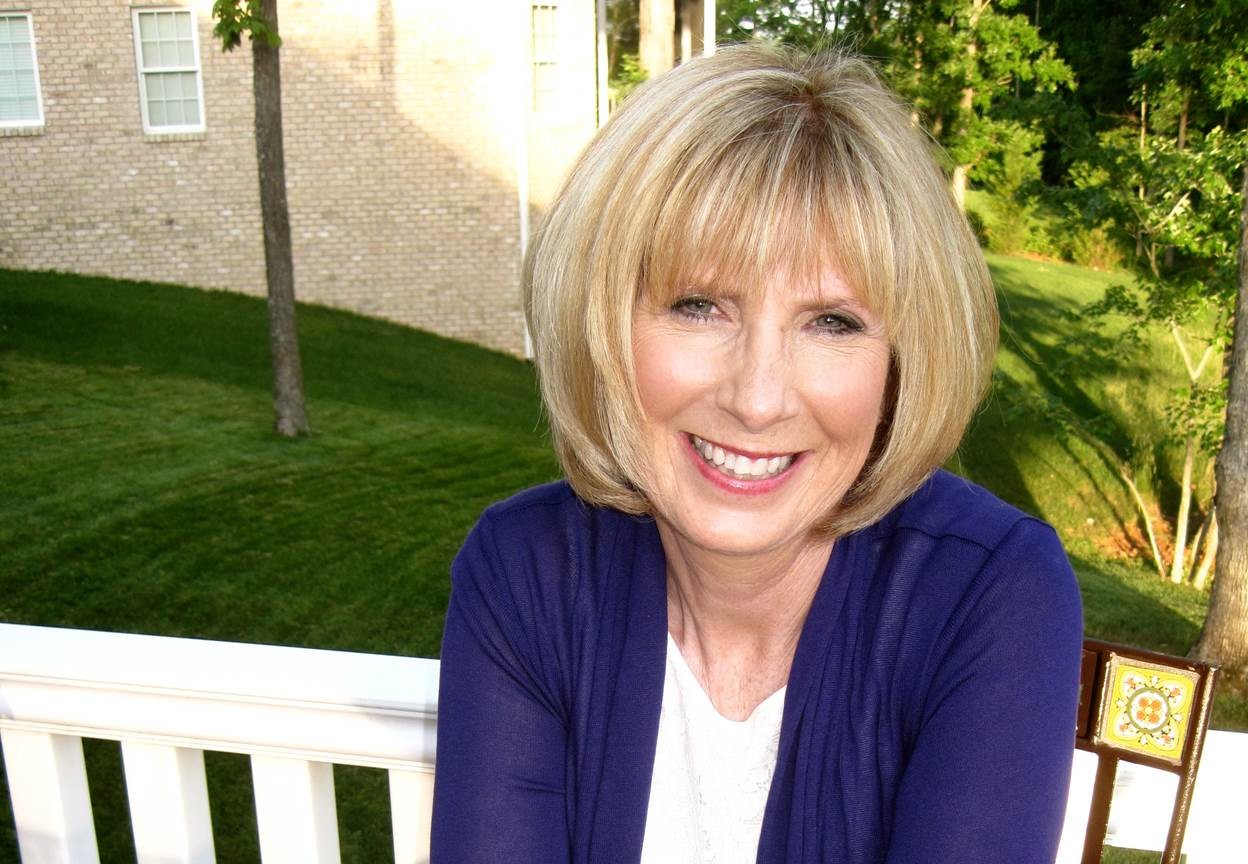It’s not always a bad thing to want to please someone. One of the things that stopped me from being a rebellious teen was, I wanted to please my dad. I thought the world of my father and his words of validation were so important. My need to please him was a good thing as long as it didn’t usurp my sense of self or become a way to earn his love.
People pleasing can be problematic for a number of reasons. First, people pleasers look to others for approval. Words of affirmation are what they live for. Yes, it is nice to be affirmed, but not to the point that you must have it or feel insecure without it.
Another problem is that people pleasers don’t often say no for fear they will be rejected. They feel responsible to make others happy and avoid conflict because of how uncomfortable it makes them feel. And because of this, people pleasers may be taken advantage of by others. “If you will just help me this one time” becomes multiple times and a manipulative way to get you to do what someone else wants. You can’t say no because you don’t want to lose the relationship. And then you find yourself apologizing for things you really didn’t do. You basically learn to be responsible for the feelings of others.
When you people please, you give power to those around you to define who you are. Your thoughts, beliefs and actions are constantly directed to not rocking the boat and seeking approval. This isn’t healthy in any relationship because it doesn’t present a genuine you. And frankly, it exhausts you.
If a major theme in your life is being liked by others to insure your own happiness, you suffer from insecurity. Maybe that developed in childhood as you tried to please your parents to gain their love. Or maybe you learned early on that your safety in a relationship depended on pleasing those around you.
To stop being a people pleaser, follow these practical steps:
- Don’t agree to do things you really don’t want to do or don’t have the time to do.
- Stop apologizing for things you didn’t do.
- Learn to say no if you are asked to do something that makes you feel uncomfortable.
- Check your motive—are you doing something to gain someone’s approval or because you simply want to help.
- Please God, not others. Is your opinion of yourself based on what others say or what God says about you? Others may expect you to earn their love. God doesn’t. He loves you just the way you are—unconditionally, flaws and all. We strive to please God, not others. Now, in that process, as a result, we will have good relationships with others. But ultimately our worth and sense of self comes from our relationship with God.
It’s healthy to want to please God because His ways will lead to a better life, but we don’t earn his love. Colossians 1:10 says, “Please him in every way: bearing fruit in every good work.” But don’t do this as a way of earning points with God. Do it because you love him. Build your self-esteem on His love, not the approval of others. Become a God pleaser rather than a people pleaser.


